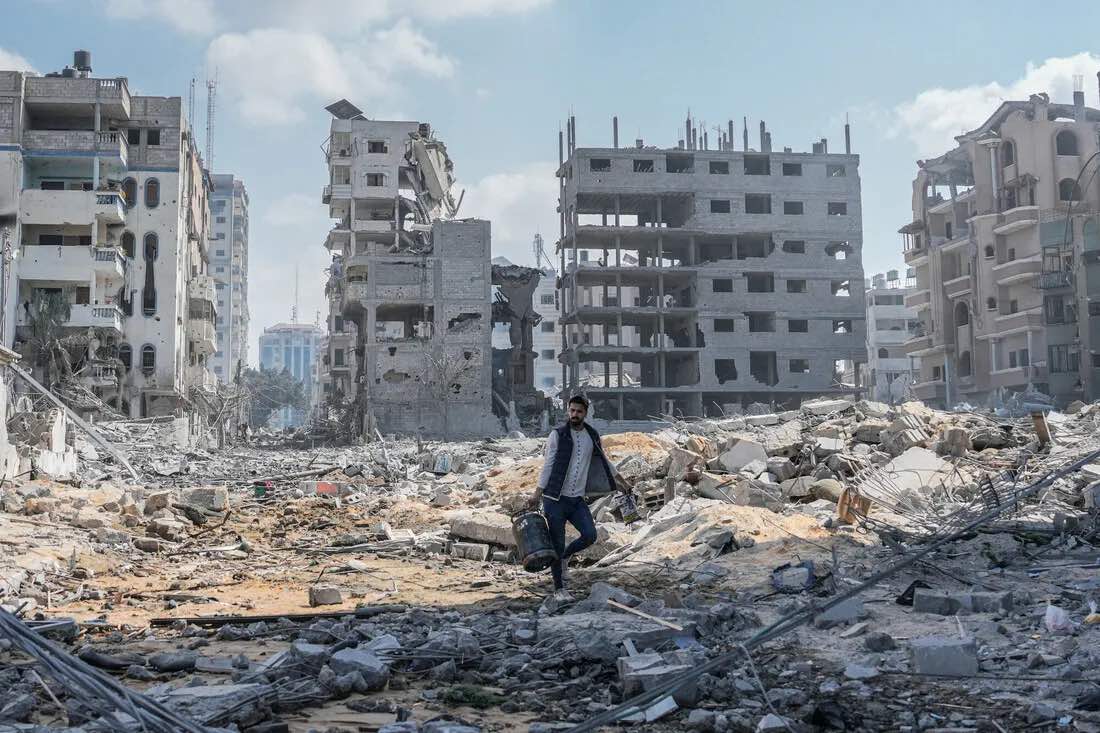Stalled Ceasefire Talks and Rising Tensions in Gaza
Iran and Hezbollah closely monitor the talks, threatening renewed military actions if the fragile diplomacy fails, potentially drawing the region closer to an all-out war that could have far-reaching consequences.
The prospects for a ceasefire agreement between Israel and Hamas remain bleak, as both sides express skepticism over the ongoing negotiations. U.S. Secretary of State Antony Blinken has described the situation as a "decisive moment," but efforts to broker a deal have faced significant obstacles.
Hamas, which has been involved in the conflict with Israel for decades, has accused Israel of introducing new conditions to the ceasefire deal that was initially put forward by the United States in early July. These new terms reportedly include the continuation of Israeli military presence inside Gaza, control over the Narim Corridor in central Gaza, and authority over the border between Gaza and Egypt, particularly the Rafah crossing.
Israeli Prime Minister Benjamin Netanyahu has publicly insisted on maintaining these conditions, citing the need to prevent militants from moving freely and to secure Israel's borders. He has also emphasized Israel's right to resume attacks against Hamas, a point that Hamas considers a deal-breaker.
Hamas has warned that such conditions make a ceasefire agreement impossible, and the group has threatened continued attacks in response to Israel's military operations in Gaza. The latest escalation came when a Hamas bomber's explosives detonated prematurely, raising concerns about potential targets, including a nearby synagogue.
The situation is further complicated by the involvement of other regional actors. Iran, which has expressed conditional restraint in retaliation for Israel's alleged assassination of Hamas leader Ismail Haniyeh, is closely monitoring the progress of the ceasefire talks. Iran has warned that a collapse in negotiations could lead to renewed strikes against Israel, a threat echoed by the Lebanese militant group Hezbollah.
Hezbollah, which recently lost a senior military commander in an Israeli strike, has indicated that it might act independently or in coordination with Iran, increasing the risk of a broader regional conflict.
As diplomatic efforts falter, the risk of all-out war involving Israel, Hamas, Hezbollah, and Iran looms large, threatening to destabilize the entire Middle East. The international community continues to watch closely, hoping for a breakthrough that could avert further bloodshed.






